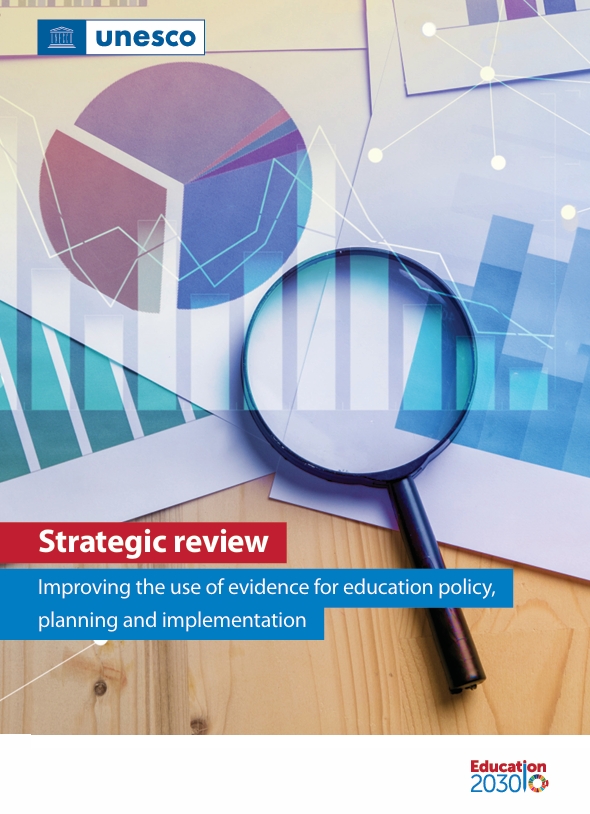Why is nutrition important for learners’ health and well-being?
Access to healthy, safe, and nutritious food is essential for child and adolescent growth, neurocognitive development, disease prevention, and lifelong health. Access to healthy food is a fundamental human right, a Sustainable Development Goal, and a key determinant of socio-emotional well-being. In contrast, poor diets are the main risk factor for the global burden of disease and contribute to a triple burden of malnutrition—underweight, micronutrient deficiencies, and overweight—that threatens children's growth and development.
Why are nutrition and healthy diets important for education and learning?
Schooling does not automatically result in learning. The global learning crisis is due not only to inadequate investment in teachers and school infrastructure but also to a lack of attention to the well-being of children and adolescents. Children who are hungry, malnourished, or sick cannot take full advantage of learning opportunities. Investing in school health and nutrition is therefore part of the solution to the learning crisis. Nutritional energy is essential for concentration and participation in school activities. Well-nourished children focus better and learn more in the classroom, leading to better performance. Provision of healthy school meals increases enrollment, attendance, and equity in education by supporting the needs of diverse and at-risk learners. Better educational attainment is linked to healthier, longer lives.
Why are schools ideally placed to improve nutrition and healthy diets?
Children and adolescents spend much of their time at school, presenting an important opportunity to deliver specific food and nutrition programmes (e.g., school meals, micronutrient supplementation, deworming). It also presents an opportunity to develop children's health and food literacy, embed life-long healthy eating habits, and foster understanding of sustainable food systems to address all forms of nutrition. Whole-school approaches to food and nutrition increase knowledge about nutrition and promote healthy lifestyles, including increasing intake of water and nutritious foods, such as fruits, vegetables, and healthy snacks.
Schools and school communities have an important role to play in promoting sustainable diets, including by encouraging the consumption of locally grown traditional foods, with the added benefit of boosting local economies. A well-nourished, healthy, educated population is the basic prerequisite for growth and economic development. Thus, investment in a whole-school approach to nutrition serves to improve education, health, and well-being for learners and also improves the economic outlook of individuals, communities, and countries.
What are the current gaps?
Many schools already implement school feeding and nutrition interventions; however, fewer schools embed these programmes or approaches in a Health-Promoting Schools (HPS) and systems framework. The multiple determinants of child and adolescent nutrition require action in many systems and sectors, including food, health, education, social protection, water, and sanitation. Bringing these together is the essence of the HPS and systems approach.
The advantage of this approach is the potential to amplify benefits for well-being, health, and education by harmonizing policies and practices in multiple health areas simultaneously, leveraging the resources not only of the school but also those of the surrounding environment and community. This brief explores how policies, curricula, environments, and services can be better designed and linked to promote healthy diets and support good nutrition.






